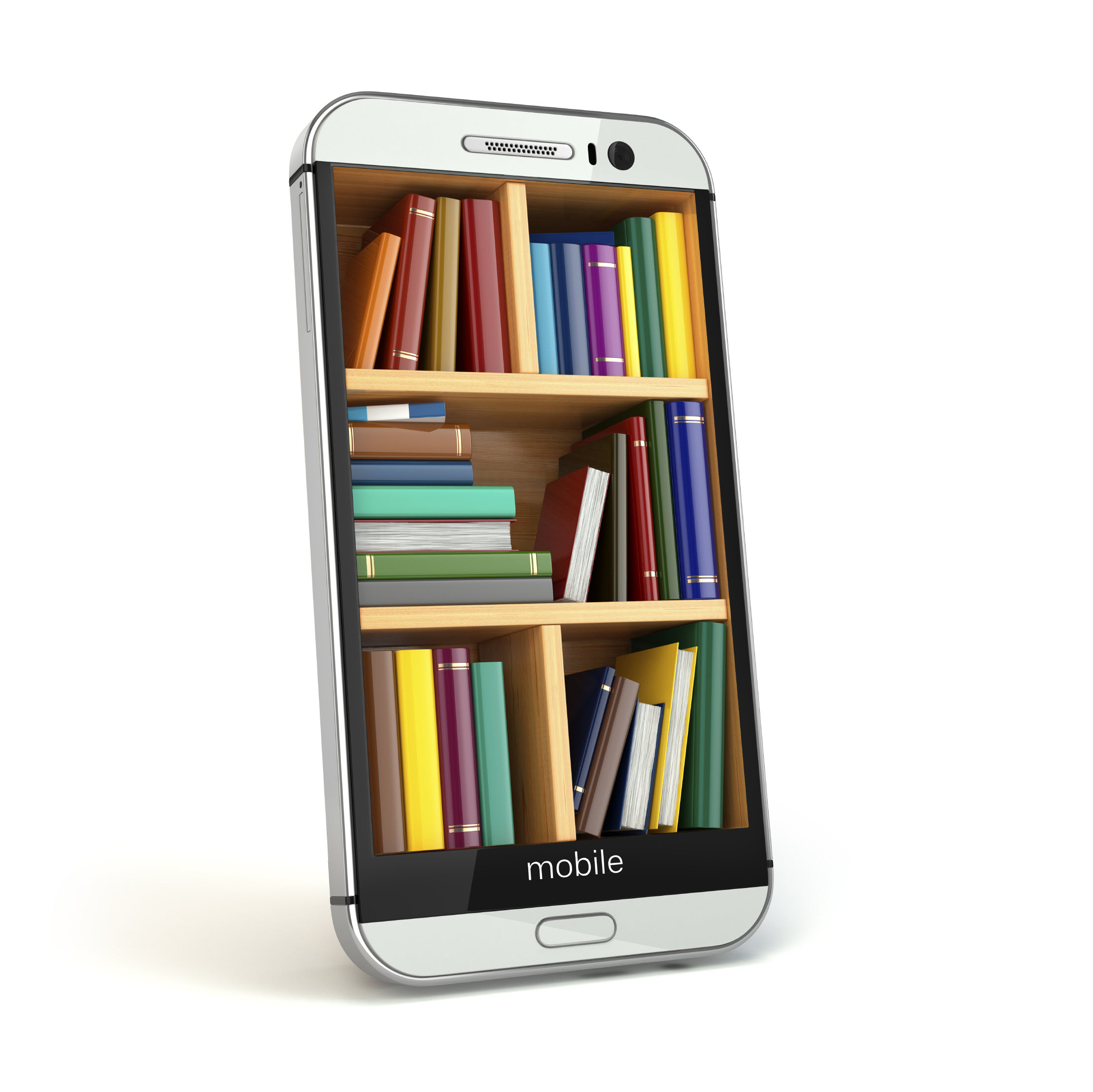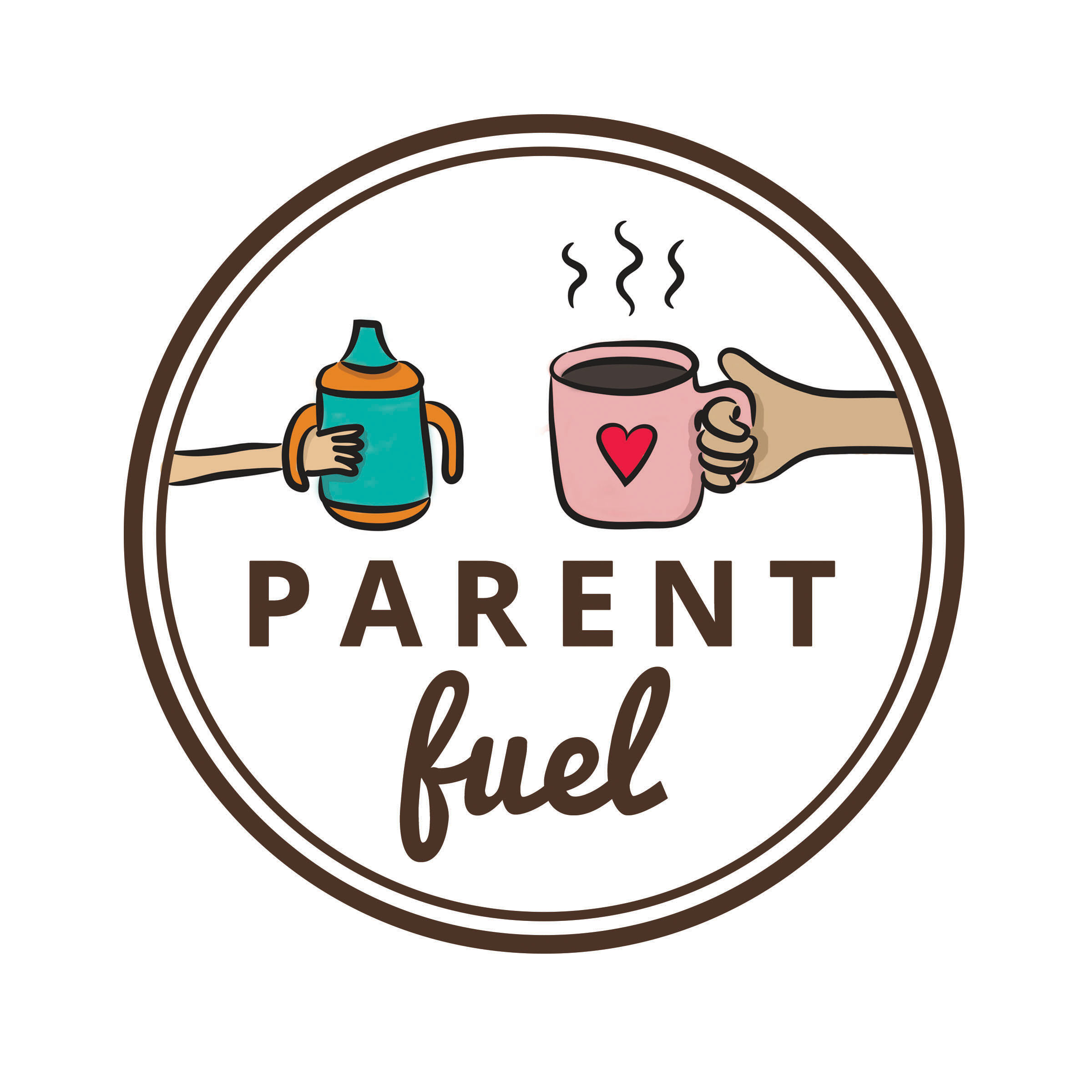 At our annual budget summit, my husband asked, "Do you know where we could save money?"
At our annual budget summit, my husband asked, "Do you know where we could save money?"
"Duh! By not buying so many books," I replied.
Turns out I should have fought for growing the book-buying line item with the aid of a study published last year in the sociology journal Social Forces that's getting new scrutiny that shows kids are missing out on something critical as we digitize our lives more and more.
"Researchers measured the impact of the size of home libraries on the reading level of 15-year-old students across 42 nations, controlling for wealth, parents’ education and occupations, gender and the country’s gross national product," writes Teddy Wayne in a New York Times article this week. "After G.N.P., the quantity of books in one’s home was the most important predictor of reading performance. The greatest effect was seen in libraries of about 100 books, which resulted in approximately 1.5 extra years of grade-level reading performance."
Without even focusing, I know our family library (aka seven bookcases scattered decoratively throughout our home) contains way more than 100 books. Perhaps that’s because every time a child of mine asks for a book, I hear my mother say, "Always buy them the book."
Clearly, my mom would nod her head in agreement with the most noteworthy paragraph in the NYT’s piece. "Libraries matter even more than money; in the United States, with the size of libraries being equal, students coming from the top 10 percent of wealthiest families performed at just one extra grade level over students from the poorest 10 percent," writes Wayne.
Without a physical library around the home, including newspapers and physical music albums, and without the experience of watching their own parents handle and use those books and albums, kids are not exposed to new ideas, authors and experiences, Wayne argues.
 This study didn’t look at e-books, but it’s easy enough to see the limits of the digital book world. Wayne points out the difficulties of sharing books (and music) on e-readers even if you are family members. And what reader can’t attest to the lure of seeing a real book on someone else’s bookshelf? That’s why I read Erma Bombeck books. (Such an effective from of birth control; who wants to get stuck in a bowl of cherry pits?) Same with Kahlil Gibran.
This study didn’t look at e-books, but it’s easy enough to see the limits of the digital book world. Wayne points out the difficulties of sharing books (and music) on e-readers even if you are family members. And what reader can’t attest to the lure of seeing a real book on someone else’s bookshelf? That’s why I read Erma Bombeck books. (Such an effective from of birth control; who wants to get stuck in a bowl of cherry pits?) Same with Kahlil Gibran.
Wayne eloquently speaks of why print mattered to him as a child. It’s why we still have a newspaper subscription even as my husband and I bemoan that we read much of the news the day before online. Our two girls see the headlines even if they don’t read the stories. We discuss the pictures.
And we live by the daily horoscope. OK, I’m kidding on that one.
Still, this study takes one item off of my to-do list. I no longer need to adhere to the KonMari method of whittling our book pile down to a tidy level. "The implications are clear: Owning books in the home is one of the best things you can do for your children academically," writes Wayne. "It helps, of course, if parents are reading to their children and reading themselves, not simply buying books by the yard as décor."











